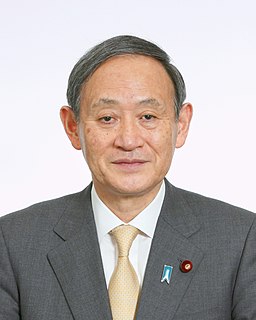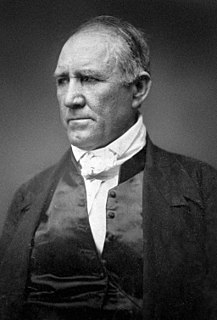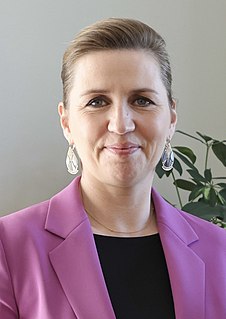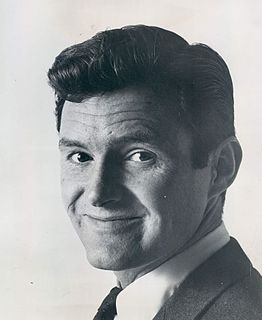A Quote by Sukarno
We feel free... Now we are really self-reliant. This is the great advantage of teaching ourselves to become a free people, no longer one that always asks, 'Aid, aid, please.'
Related Quotes
We view ourselves on the eve of battle. We are nerved for the contest, and must conquer or perish. It is vain to look for present aid: none is at hand. We must now act or abandon all hope! Rally to the standard, and be no longer the scoff of mercenary tongues! Be men, be free men, that your children may bless their father's name.
[T]he sprawl of government into every conceivable realm of life has caused the withering of traditional institutions. Fathers become unnecessary if the government provides Aid to Families with Dependent Children. Church charities lose their mission when the government provides food, shelter and income to the poor. And the non-poor no longer feel pressed to provide aid to those in need, be they aged parents or their unfortunate neighbors-"compassion" having become the province of the state.
Being reliant on legal aid is probably inconceivable to most of us. But this is no different from other branches of the welfare state established at the same time as our legal aid system - being diagnosed with a major illness and needing the NHS, or losing a job and needing the support of social security.
Everyone talks about freedom. All around the world different people, different races, different countries are fighting for freedom. But what is freedom? In America we speak of living in a free country. But are we really free? Are we free to be who we really are? The answer is no, we are not free. True freedom has to do with the human spirit-it is freedom to be who we really are. Who stops us from being free? We blame the government, we blame the weather, we blame our parents, we blame religion, we blame God. Who really stops us from being free? We stop ourselves.
Easterly, a celebrated economist, presents one side in what has become an ongoing debate with fellow star-economist Jeffrey Sachs about the role of international aid in global poverty. Easterly argues that existing aid strategies have not and will not reduce poverty, because they don't seriously take into account feedback from those who need the aid and because they perpetuate western colonial tendencies.











































